Solid surface kitchen countertops are a popular choice for many homeowners because they offer a seamless appearance, versatility in design, and durability for everyday kitchen use. These countertops are made from a blend of acrylic, polyester, or a mix of both, along with natural minerals, giving them a non-porous and consistent appearance. They are manufactured in various colors and patterns to mimic natural materials like stone or wood while providing the benefits of a synthetic surface. Solid surface countertops were first introduced in the 1960s and have since evolved to become a staple in both residential and commercial spaces.
One of the standout benefits of solid surface countertops is their seamless construction. When installed, these countertops have inconspicuous joints, creating a smooth, uniform surface. This seamless quality not only enhances the countertop’s appearance but also prevents dirt, bacteria, and moisture from accumulating in crevices, making it an excellent choice for kitchens where hygiene is paramount. You can even integrate sinks directly into the countertop, creating a sleek, one-piece look that’s both functional and stylish.

Another appealing feature of solid surface countertops is their repairability. Unlike natural stone, which can chip or crack irreparably, solid surface countertops can be sanded and refinished to remove scratches, stains, or minor damage. This makes them a practical choice for busy kitchens that see a lot of wear and tear. With proper care, these countertops can last for decades without losing their aesthetic appeal.
Solid surface countertops are highly customizable, which is a big draw for homeowners who want a unique kitchen design. They can be shaped, curved, or thermoformed to fit almost any design concept. This flexibility allows for the creation of custom edges, integrated backsplashes, and other features that may be difficult or impossible to achieve with natural stone or laminate materials. Additionally, they come in a wide range of colors and patterns, making it easy to find a design that complements your kitchen’s style.
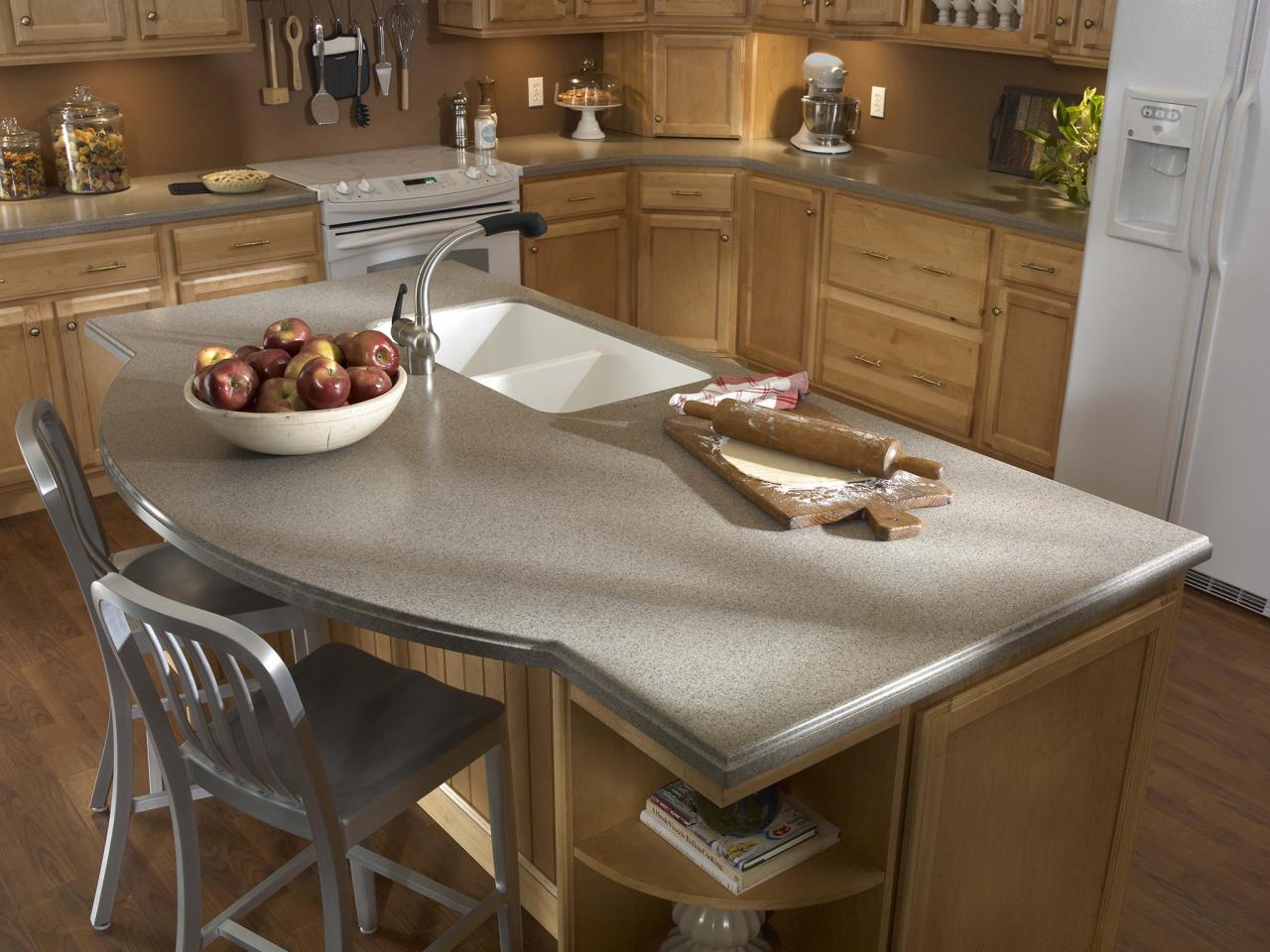
The non-porous nature of solid surface countertops is another major advantage. Unlike granite or marble, which can absorb liquids and become stained, solid surfaces resist moisture, making them resistant to stains, mold, and bacteria. This makes them particularly well-suited for families with children or for those who do a lot of cooking. You can easily clean them with soap and water or a gentle household cleaner, and there’s no need for sealing, which is often required for natural stone countertops.
Although solid surface countertops are durable, they are not indestructible. They can be scratched by sharp objects or damaged by excessive heat. To prevent these issues, it’s essential to use cutting boards and trivets. While scratches and heat marks can typically be repaired, prevention is always better than dealing with damage later. With a little care, you can maintain the countertop’s appearance and functionality for years.
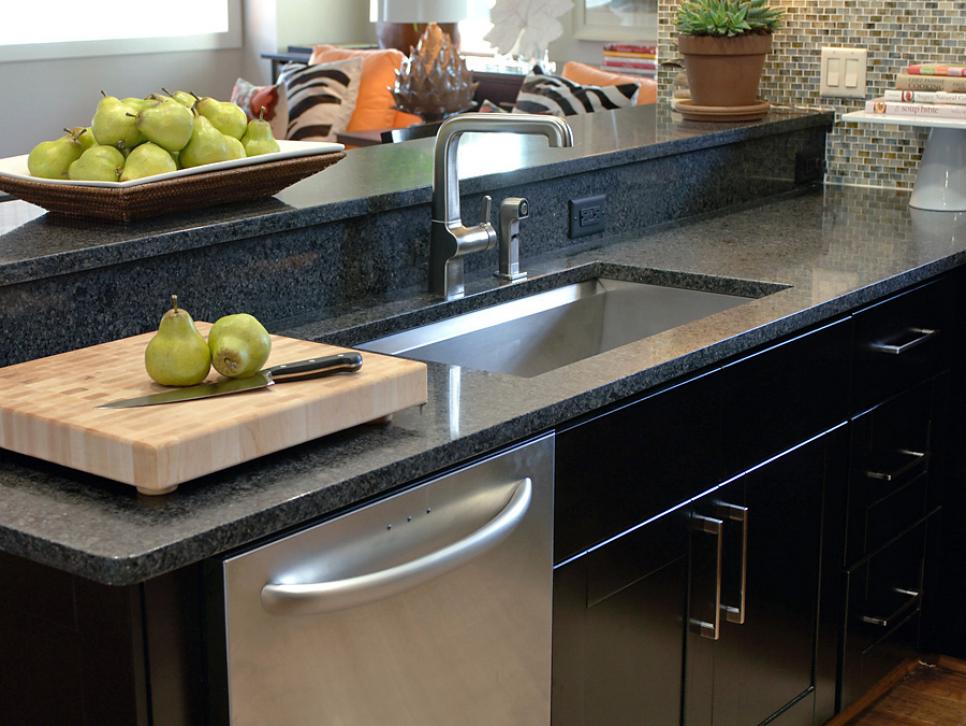
Compared to other countertop materials, solid surfaces are often more affordable than high-end natural stones like granite or quartz. They offer a cost-effective option for homeowners who want the look of stone without the associated price tag. Additionally, the lightweight nature of these countertops makes them easier and less expensive to install, especially in spaces where heavy materials may not be feasible.
Another advantage of solid surface countertops is their environmental friendliness. Many manufacturers offer eco-friendly options made from recycled materials, making them a sustainable choice for environmentally conscious homeowners. Furthermore, because they are repairable, these countertops often have a longer lifespan than other materials, reducing the need for replacement and minimizing waste.
Solid surface countertops are also a great choice for those who want a cohesive look throughout their kitchen. Unlike other materials that may have visible seams or variations in pattern, solid surfaces provide a consistent, unified appearance. This can make your kitchen look more modern and polished, especially when paired with sleek cabinetry and stainless steel appliances.
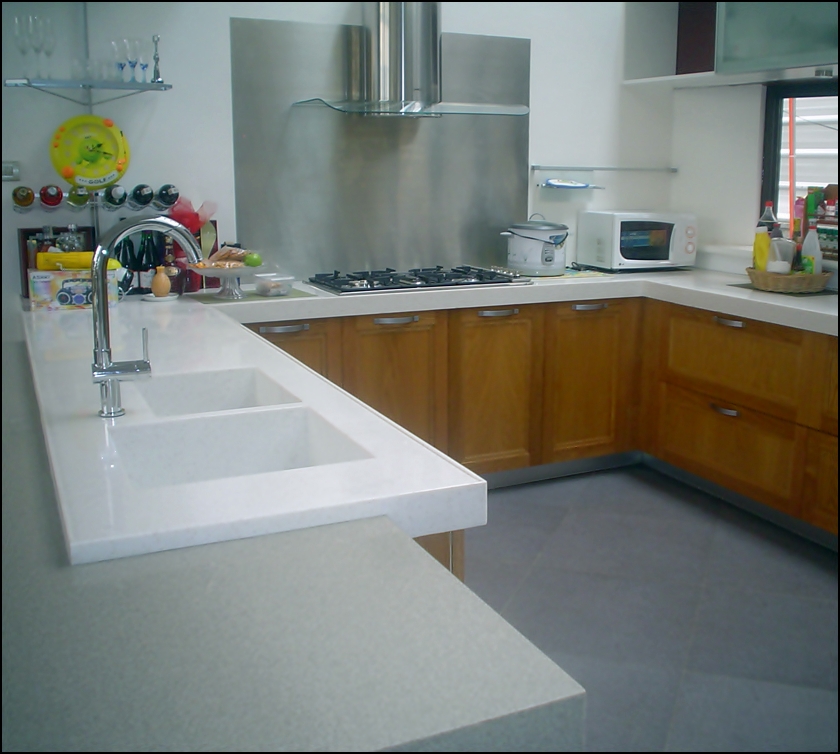
When it comes to installation, solid surface countertops offer some flexibility. While professional installation is recommended to ensure a flawless finish, DIY enthusiasts with the right tools and skills can also install these countertops. However, working with solid surfaces requires precision to ensure seamless joints and proper support, so many people prefer to leave it to the experts.
For families or individuals with specific health needs, solid surface countertops can be a hygienic choice. Because they are non-porous and easy to clean, they can help reduce the risk of cross-contamination in the kitchen. This makes them particularly appealing for households with food allergies or those who prepare raw meats and fish frequently.
Despite their many advantages, solid surface countertops are not ideal for every situation. Their relatively soft surface means they are more prone to scratches and dents compared to harder materials like quartz or granite. Additionally, while they resist stains, prolonged exposure to certain substances like coffee or wine may cause discoloration if not cleaned promptly.
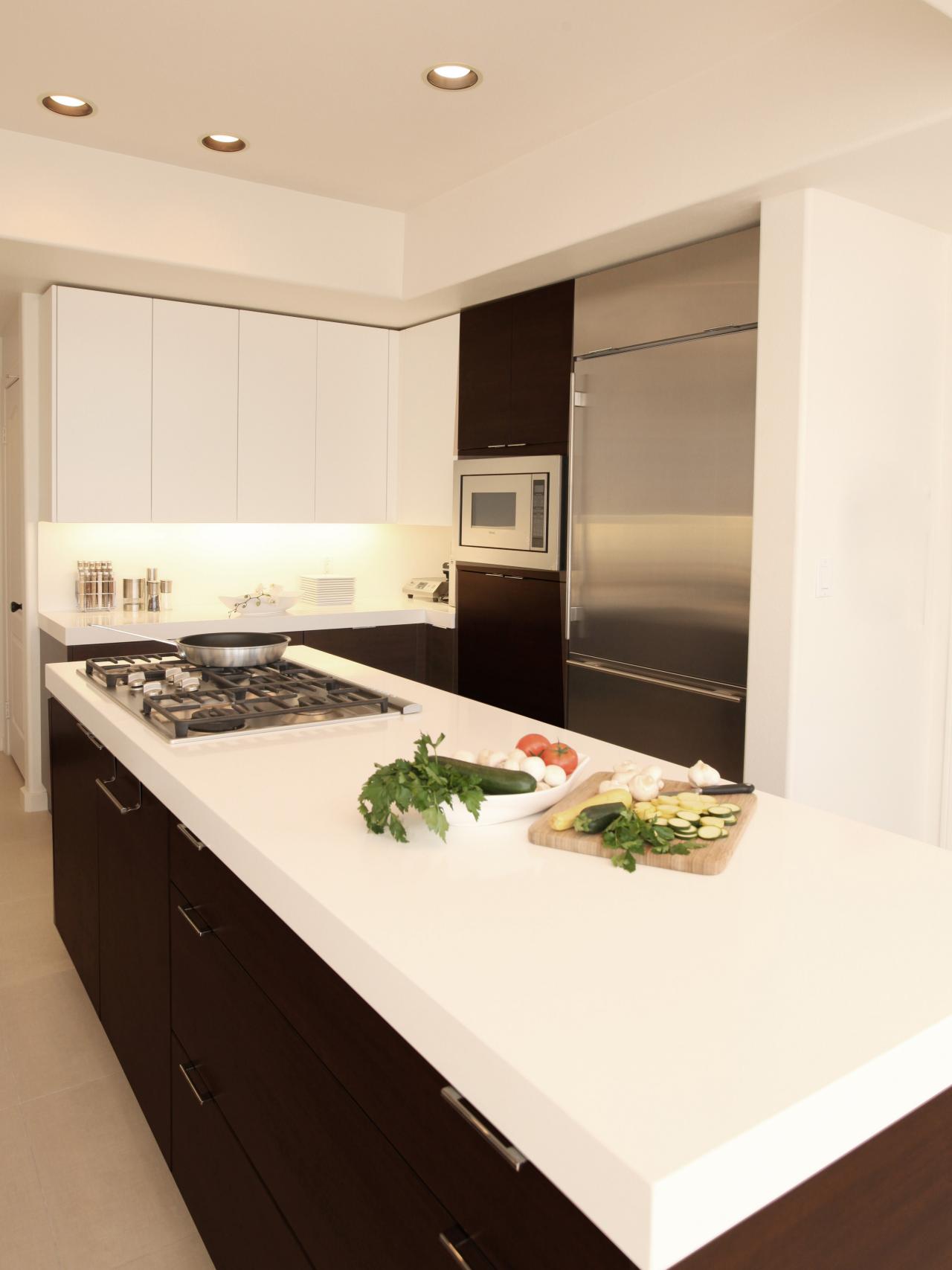
One of the key considerations when choosing solid surface countertops is the brand. Different manufacturers offer varying levels of quality, so it’s important to research and choose a reputable brand. Companies like Corian, Avonite, and Wilsonart are well-known for their high-quality solid surface products, offering a wide range of colors, patterns, and features to suit different needs and budgets.
Maintaining solid surface countertops is relatively simple, but it’s important to follow the manufacturer’s care instructions. Use non-abrasive cleaners to avoid scratching the surface, and promptly clean up spills to prevent staining. For tougher marks or scratches, a fine sanding pad can often restore the surface to its original condition. Regular maintenance ensures that your countertops remain in top shape over time.
One area where solid surface countertops truly excel is in their ability to create a cohesive design. They can be seamlessly extended into bathroom vanities, laundry rooms, or even outdoor kitchens, providing a uniform look throughout your home. This versatility makes them a practical and aesthetic choice for homeowners who value consistency in their interior design.
Ultimately, solid surface countertops are a blend of style, functionality, and affordability. They strike a balance between the natural beauty of materials like stone and the practical benefits of synthetic surfaces. Whether you’re designing a modern minimalist kitchen or a cozy, traditional space, these countertops can enhance both the look and usability of your kitchen.
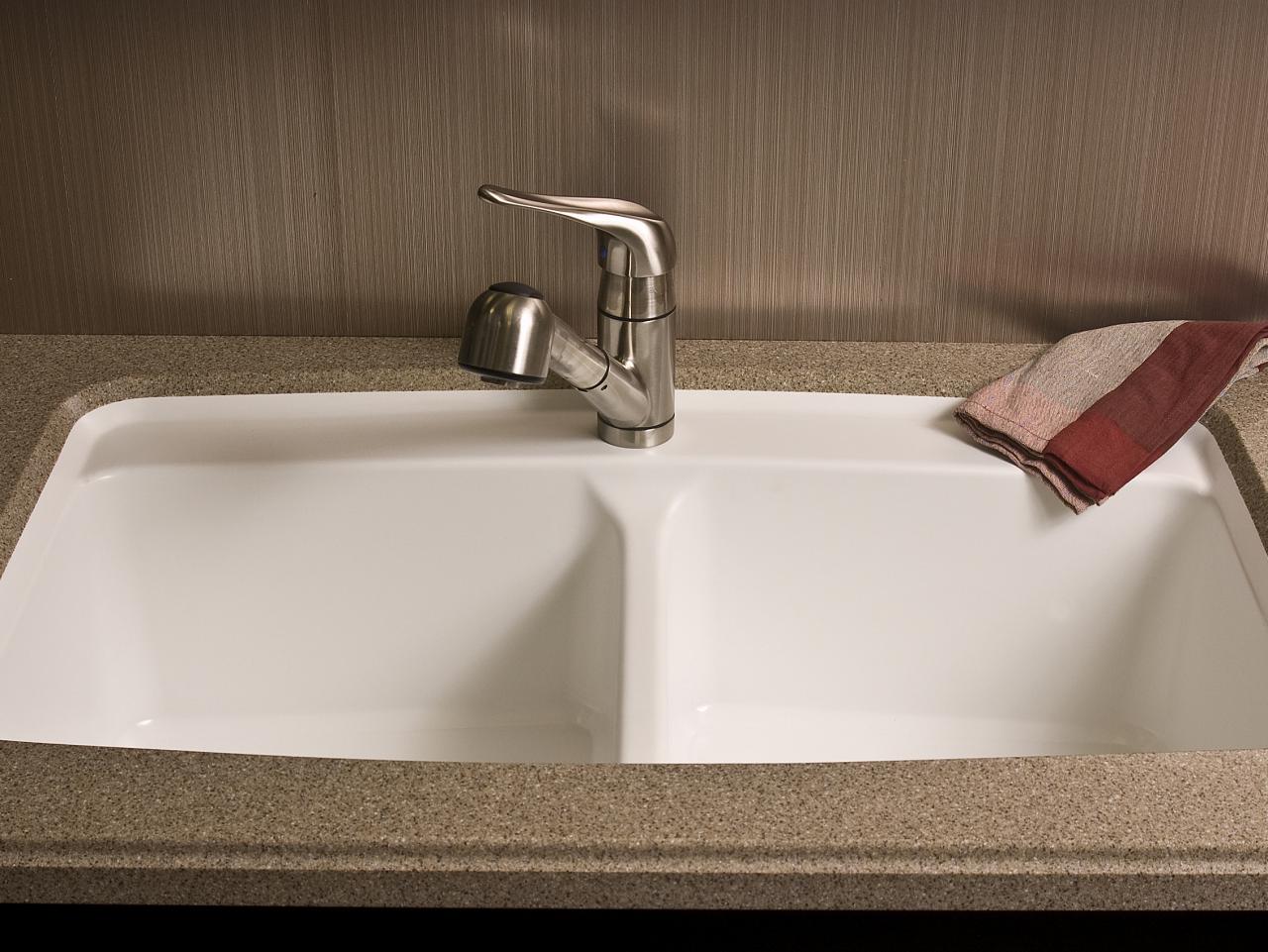
Common Mistakes to Avoid
Skipping Professional Installation: While solid surface countertops are relatively lightweight and easy to work with, achieving seamless joints and proper alignment often requires professional expertise. Skipping this step can lead to noticeable seams, uneven surfaces, or poor adhesion, which can impact both the appearance and durability of your countertops.
Ignoring Heat Protection: Solid surface countertops can be damaged by high heat, such as hot pots or pans. Many people forget to use trivets or heat pads, resulting in scorch marks or discoloration. Always protect the surface from direct heat exposure to maintain its appearance.
Using Abrasive Cleaners: Some homeowners mistakenly use harsh cleaners or scouring pads on their solid surface countertops, leading to scratches and dullness. Stick to gentle, non-abrasive cleaning products and soft cloths to preserve the smooth finish.
Not Repairing Damage Promptly: Minor scratches and stains can often be repaired with sanding, but delaying repairs can allow the damage to worsen. Addressing issues promptly ensures that your countertops remain in top condition.
Choosing the Wrong Color or Pattern: With so many options available, it’s easy to choose a design that looks good in the showroom but doesn’t match your kitchen’s overall style. Always take samples home and evaluate them under your kitchen’s lighting before making a decision.
Overloading Weight: While solid surface countertops are durable, placing excessive weight on unsupported sections can cause cracks or warping over time. Avoid standing or sitting on the countertops to prevent damage.

What makes solid surface countertops different from other materials?
Solid surface countertops are unique because they are non-porous, repairable, and seamless. Unlike natural stone, they don’t require sealing and are resistant to stains and bacteria. Their ability to be customized into various shapes and designs also sets them apart from materials like granite or quartz.
Are solid surface countertops heat-resistant?
While solid surface countertops are heat-resistant to some degree, they can be damaged by direct contact with high heat. Always use trivets or heat pads for hot pots and pans to avoid scorch marks or discoloration.
How do I maintain solid surface countertops?
Maintenance is simple: clean with mild soap and water or a non-abrasive cleaner. Avoid harsh chemicals and scouring pads. For minor scratches, fine sanding followed by polishing can restore the surface. Regular care will keep your countertops looking new.
:max_bytes(150000):strip_icc()/0-a5e8196d8b184c94b3bb48b1100906c9.jpg)
Can solid surface countertops be repaired if damaged?
Yes, one of the major advantages of solid surface countertops is their repairability. Minor scratches, stains, or chips can often be sanded out, and professional repairs can address more significant damage, restoring the countertop’s appearance.
Are solid surface countertops budget-friendly?
Solid surface countertops are typically more affordable than high-end natural stone options like marble or quartz but may cost more than laminate. They offer a good balance of cost, durability, and aesthetic appeal, making them a practical choice for many homeowners.
Can I install solid surface countertops myself?
While DIY installation is possible, it requires precision tools and expertise to achieve seamless joints and proper support. Professional installation is recommended to ensure a flawless finish and long-lasting performance.
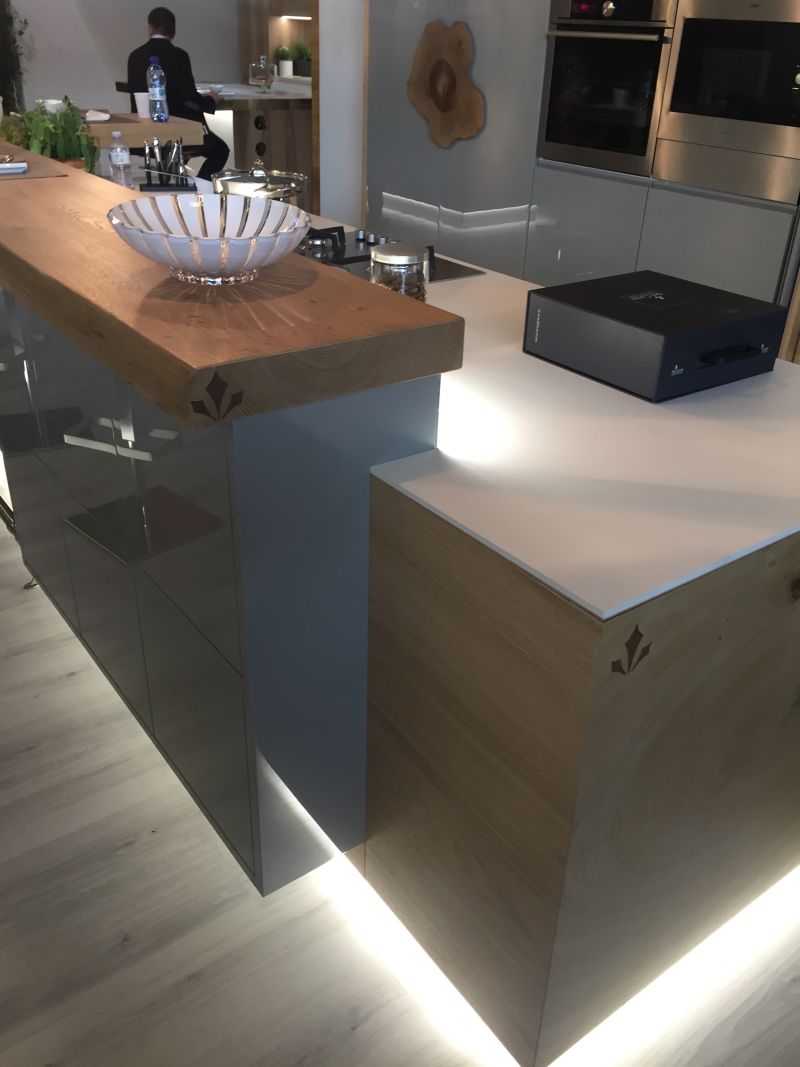
Related Posts:
- Affordable Kitchen Countertop Ideas
- White Kitchen Cabinets With White Granite Countertops
- Kitchen Countertops Des Moines Iowa
- How To Care For Granite Kitchen Countertops
- Kitchen Countertops Erie Pa
- Where To Buy Kitchen Countertops
- Yellow Kitchen Countertops
- How Much For Granite Countertops In Small Kitchen
- Kitchen Countertops Wilmington Nc
- Maple Kitchen Cabinets With Black Countertops